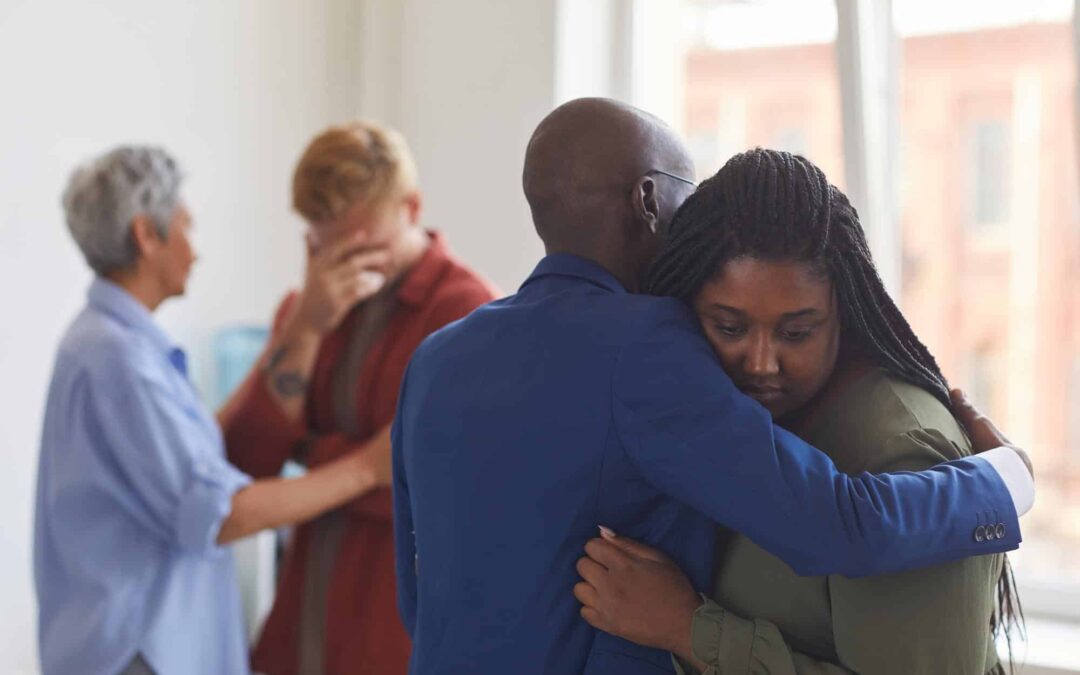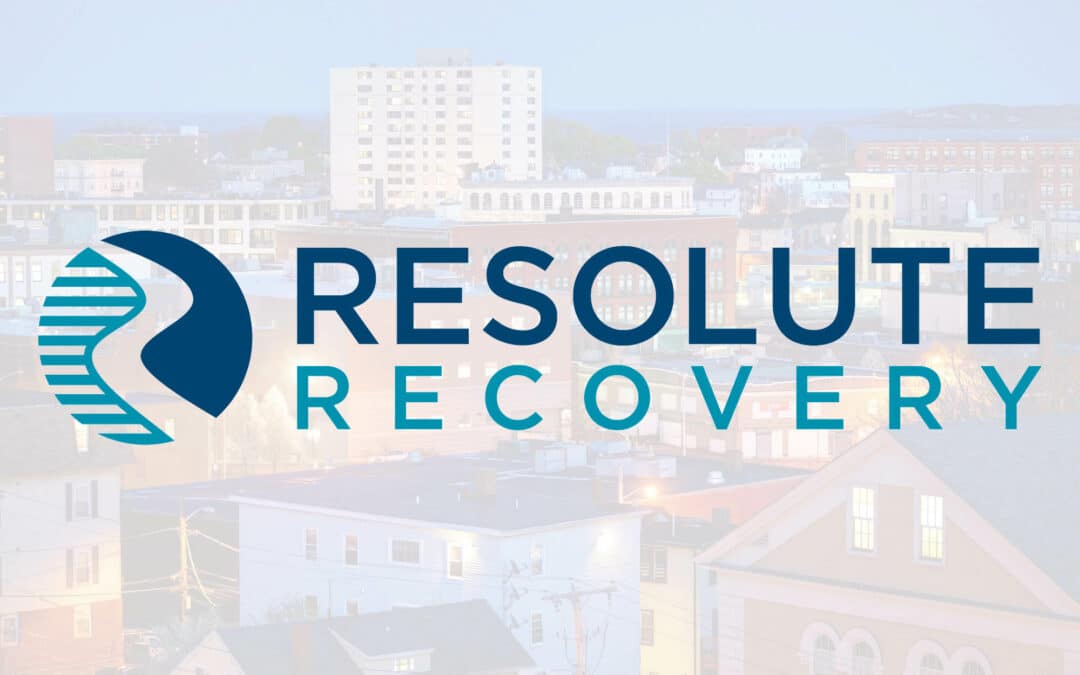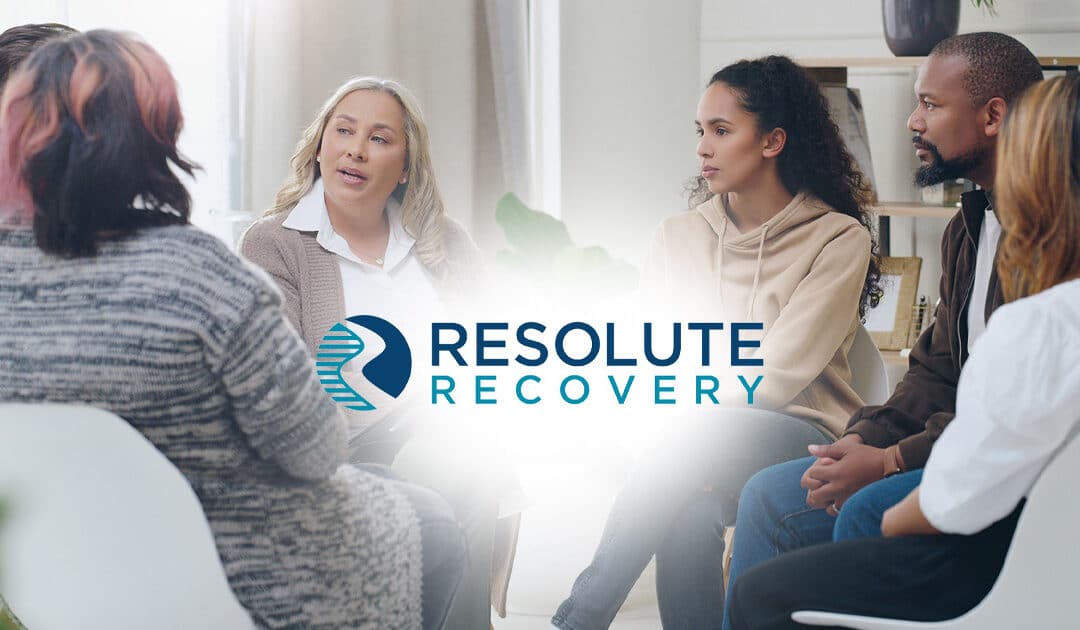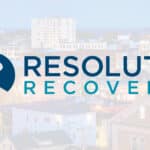


6 Signs Your Loved One Has a Drug Problem: A Family Guide
Behavioral Changes Indicating a Drug Problem When you suspect a loved one might be struggling with substance abuse, behavioral shifts often appear first. These signs a loved one has a drug problem can be subtle at first but become increasingly difficult to ignore....
How to Get Help for a Drug Problem: Your First 3 Steps
Recognizing the Need for Help Getting help for a drug problem starts with honest recognition of the issue. You might notice changes in your daily routine, relationships, or physical health that signal something’s wrong. Acknowledging drug issues requires you to...
Do I Have a Drug Problem? 5 Telltale Signs to Look For
Physical Signs Indicating a Drug Problem Your body tells a story that words often can’t hide. When you’re struggling with substance use, physical signs of addiction become increasingly difficult to conceal from those around you—and from yourself. Visible...





